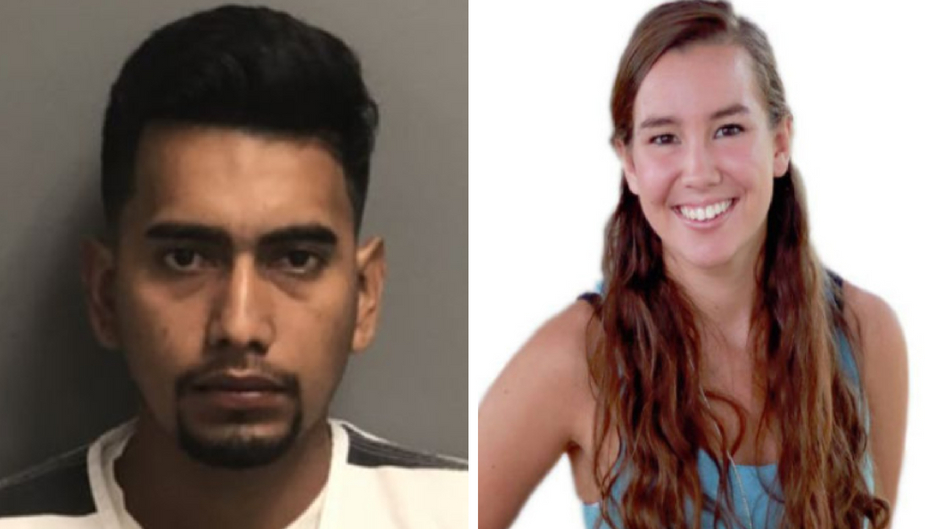Lawyers for murder suspect Cristhian Bahena Rivera claim investigators coerced him into false confession after questioning him “on and on” during an 11-hour interrogation.
Former farmhand Rivera is currently on trial in Davenport, Iowa. He’s accused of murdering University of Iowa student, 20-year-old Mollie Tibbetts, in 2018, after allegedly kidnapping her while she was out jogging.
During opening statements Tuesday, defense attorney Jennifer Freese said investigators didn’t fully investigate Tibbetts’ death and instead, focused solely on Rivera. Rivera voluntarily agreed to speak with investigators in August 2018, but Freese said her client was interrogated all night after he worked a 12-hour shift at Yabaree Farms.
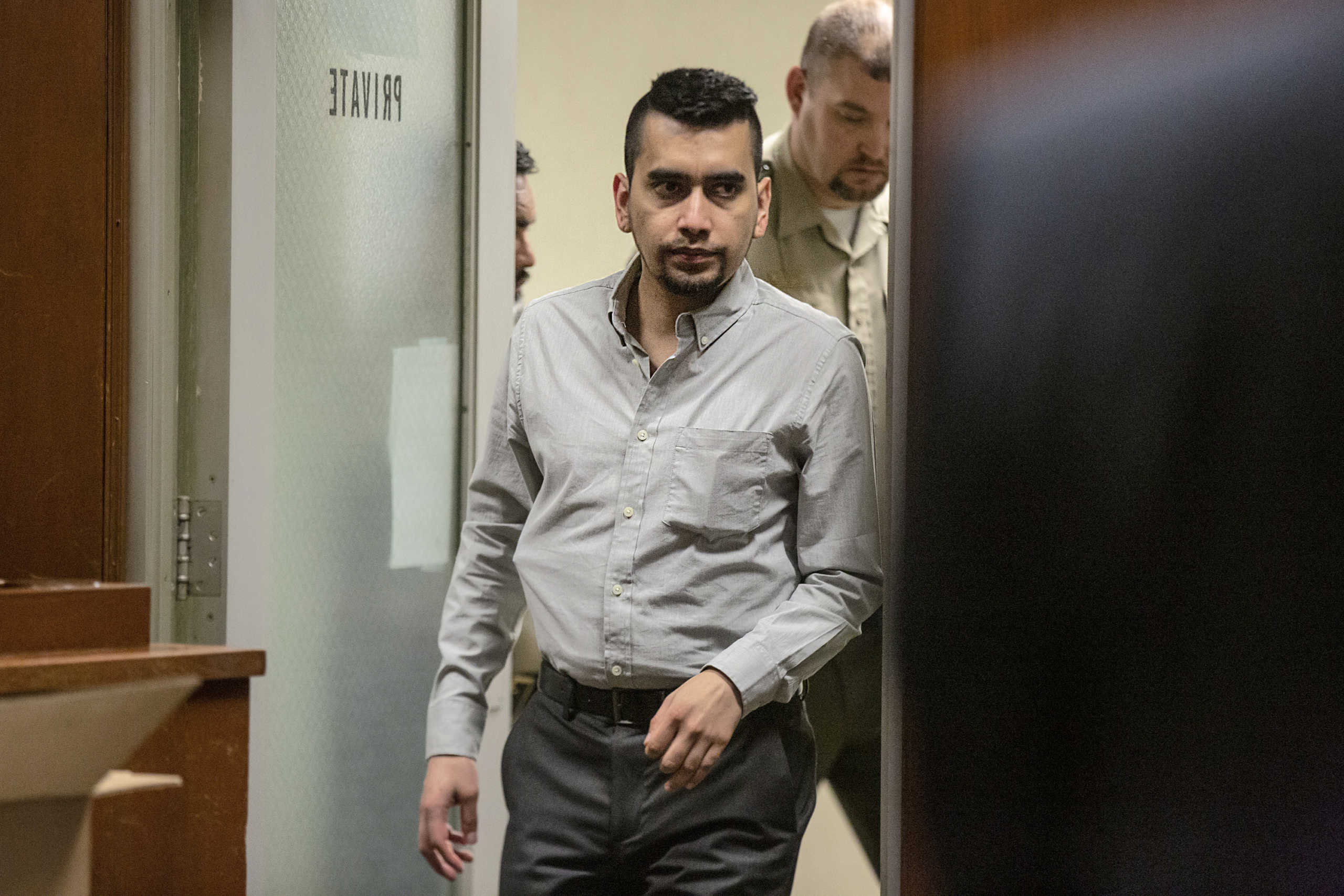
‘There’s no dispute on the facts that my client worked twelve hours at a dairy farm scooping poop, cleaning grounds, and then, at the end of his day, he was brought to the Poweshiek County Sheriff’s Office,” Frese told jurors Tuesday.
“You will hear about this interrogation, and that it went on and on and on. And then they started to confront him with the evidence. They confronted him with this videotape. They confronted him with these pictures. And they said, ‘you know, we don’t believe you. We don’t believe that you weren’t there.’ “
And the confrontation continues until it was put in my client’s head — ‘perhaps you blacked out.’ The state, in this case, they got what they wanted. And they closed the case. They got what they needed. “
There was an intense amount of pressure, that’s what the evidence has shown you, to close this case, to arrest someone for this vicious crime.”
And instead of continuing to work the case — instead of continuing to work the evidence — they just submitted it to you.”
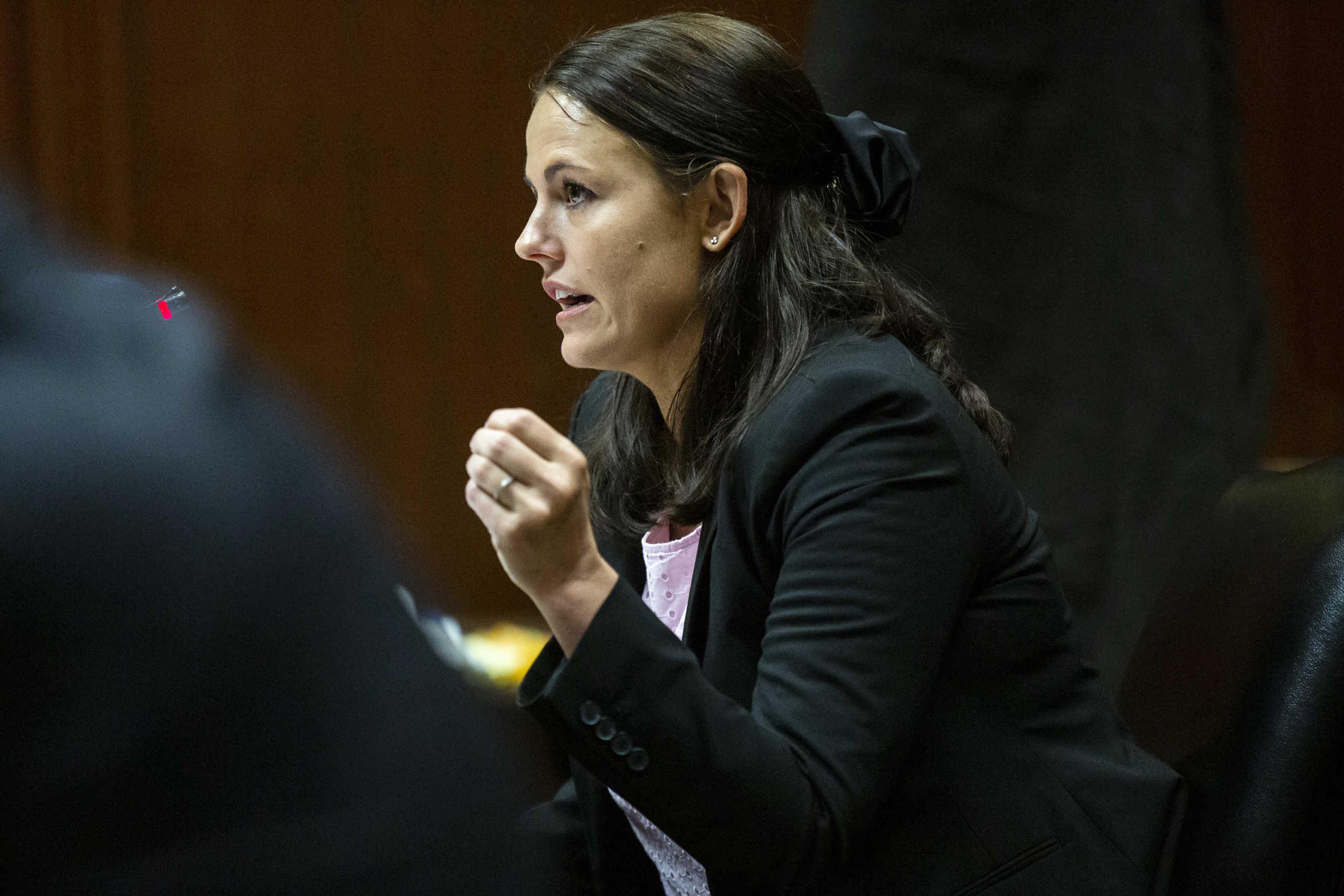
Forensic consultant Michael Spence testified that Tibbetts’ DNA was found in Rivera’s car trunk. However, two other people’s DNA, an unknown man and woman, was also found in the trunk. Spence added that there could be numerous ways the DNA could have ended up on a trunk and that it’s not surprising to find other DNA sources on a trunk.
Family members testified that they weren’t allowed access to Rivera, who speaks Spanish only, while he was detained by police.
Frese told the court that Rivera was a Mexican immigrant who wanted to earn a better living, which brought him to the U.S. She described her client as “a yes man” who agreed with anything people told him or asked him to do, including law enforcement.
The trial resumes tomorrow morning.
Mollie Tibbetts: Disappearance and Death
On August 16, 2018, a few days before authorities found Mollie’s body, a Poweshiek sheriff’s deputy spoke with Rivera after he voluntarily pulled his black Chevrolet Malibu over after spotting the deputy following him.
Through an interpreter, Rivera initially told the deputy he knew nothing about Mollie’s disappearance. Surveillance footage provided by a local Brooklyn resident later showed a car that looked exactly like Rivera’s circling around a jogger several times on July 18, 2018, the last time Mollie was seen alive.
“During our neighborhood canvas, we came across an individual that had security cameras,” Poweshiek County Sheriff Tom Kriegel said in 2018, explaining how Rivera landed on the radar of authorities.
“He [the resident with surveillance footage] was kind enough to give us the footage from it. And through that, we were able to identify a vehicle that believe belonged to Mr. Rivera. It was a black Malibu. And from that we were able to track his pattern and the routes in which he took.”
On August 18, 2018, deputies arrived at Rivera’s workplace, at Ybarra Farms, and asked him via a Spanish interpreter if they could search his car. Rivera reportedly agreed. Rivera again voluntarily spoke with authorities, according to court documents. This time, he indicated he did see Mollie and thought she was “hot.” He also said Mollie waved “hi” to him several times.
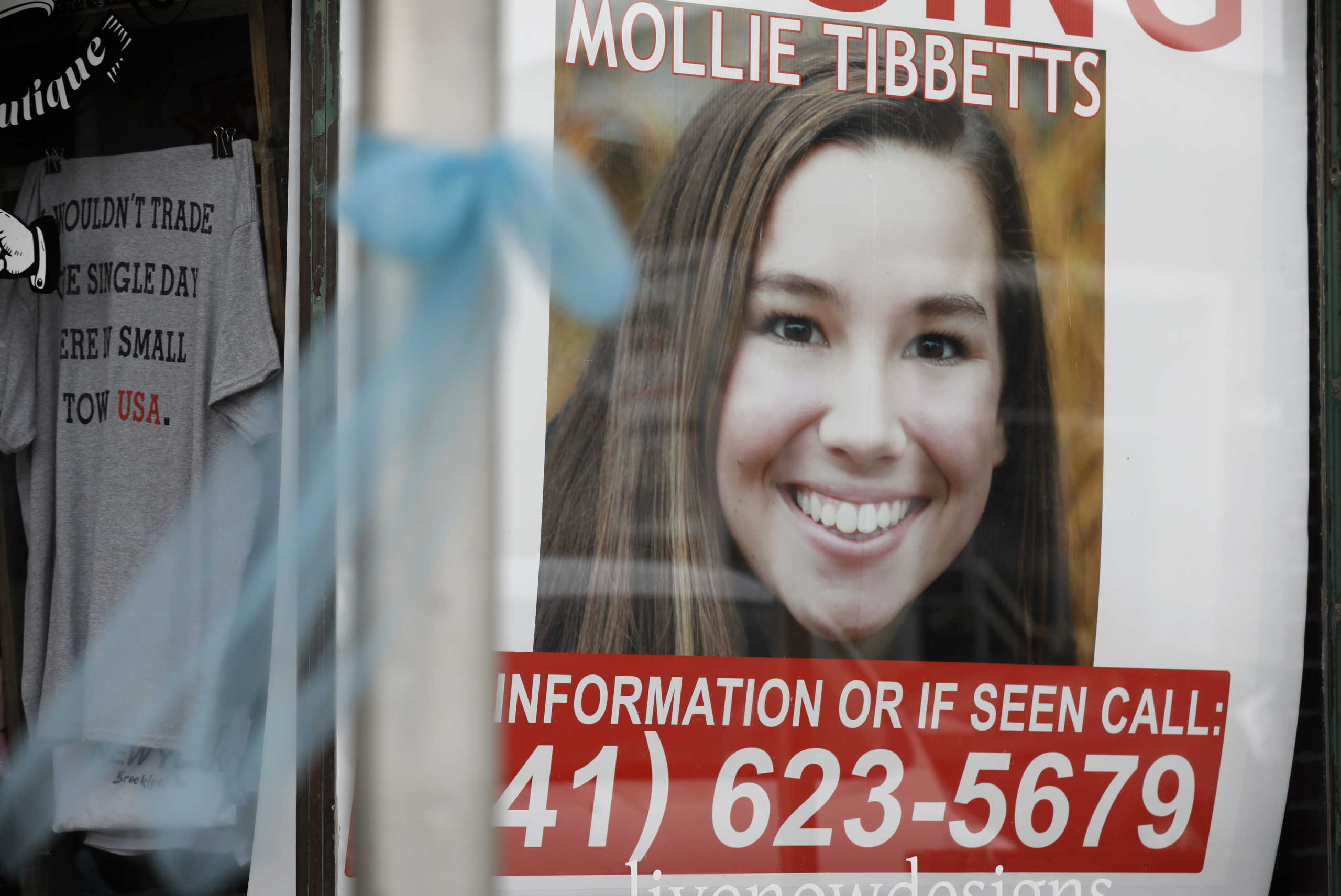
Around the same time, investigators found blood inside Rivera’s car. At 11:30 p.m. that night, federal agents put an immigration detainer on Rivera, who’s originally from Mexico and was living undocumented in the U.S.
Throughout the rest of the interview, according to authorities, Rivera made numerous incriminating statements.
“He [Rivera] gradually shifted from a denial of killing Mollie to a claim that he ‘didn’t remember doing anything to her,’” court documents read.
Mollie, a University of Iowa student and an avid jogger who ran on the cross-country team during high school, disappeared on July 18, from Brooklyn, Iowa.
Authorities eventually charged Rivera with murder after he led them to Mollie’s deceased body, found in a cornfield around 12 miles southeast of Brooklyn, according to an arrest affidavit.
“The defendant led police directly to Mollie’s body at the conclusion of the interview, he was seen in proximity to Mollie while she was running on the last night of her life, and Mollie’s blood was found in the trunk of the Defendant’s car,” the prosecution wrote. “All of these facts are extrinsic to the interview and independently establish the defendant was the killer, not a false confessor.”
Rivera reportedly told investigators that he spotted Mollie jogging near Middle and Boundary Streets, when he slowed down and started following her in his black Chevrolet Malibu.
At some point, Rivera got out of the vehicle and began following the University of Iowa student by foot, even jogging alongside her. Apparently frightened, Mollie told the suspect she would call 911, then pulled out her phone, according to Rivera’s reported admission.
Rivera said he became upset and “blacked out” at the threat, something he claimed he did often when becoming too angry, according to investigators.
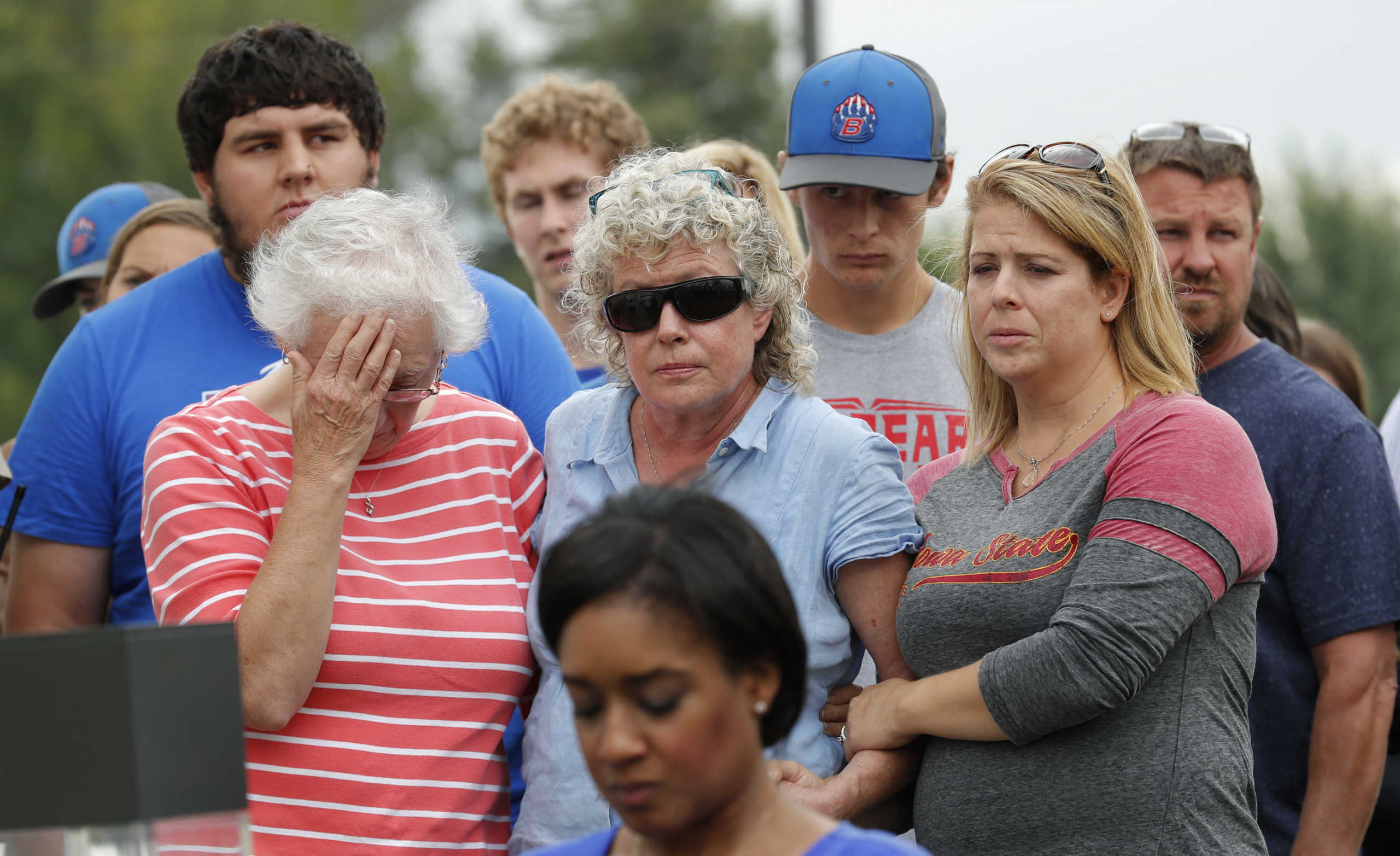
Rivera allegedly told investigators the next thing he remembered was waking up inside his car, parked at a rural intersection. He immediately made a U-turn and drove to the entrance of a rural field. He then drove into a driveway of a cornfield.
Rivera said at some point he looked down noticed Mollie’s earpiece from her earbuds or headphones lying on his lap, and “realized he put her in the truck.”
Upon checking the trunk, Rivera said he found Mollie inside, with one side of her head bloodied, according to the affidavit. The suspect allegedly said he pulled Mollie out of the trunk and dragged her by foot into a secluded area in the woods.
Rivera then tossed Mollie over his shoulders and walked around 20 meters into the woods, where he tossed her body on the ground and covered her with corn leaves, the affidavit read.
Check back for updates.
CLICK HERE for additional Mollie Tibbetts coverage.
For the latest true crime and justice news, subscribe to the ‘Crime Stories with Nancy Grace’ podcast.
[Feature Photo: Mollie Tibbetts/Handout]


